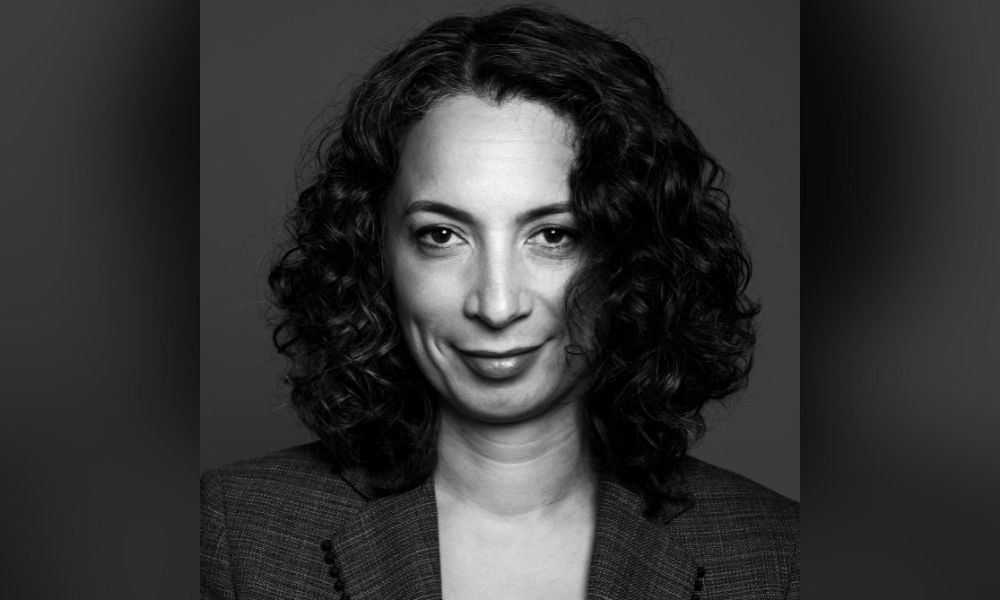
Organizers sought to disburse assets out of the court's reach and to individual protesters: lawyer

The Ontario Superior Court of Justice has frozen millions of dollars in assets belonging to freedom convoy organizers in a class action lawsuit issued by residents of Ottawa.
Superior Court Justice Calum MacLeod signed a Mareva injunction on Thursday freezing assets linked to bank accounts, fundraisers and crypto holdings including Bitcoin, Cardano, Ethereum, Litecoin and Monero in over 120 wallets raised for the freedom convoy protest.
Convoy organizers in the order are prohibited from selling, removing, dissipating, alienating, transferring, assigning or encumbering any of the listed assets, Justice MacLeod wrote.
Ottawa residents filed a class action against the freedom convoy protestors seeking up to $20 million from the funds raised in global donations. If the lawsuit is successful, the Mareva injunction secures assets for the courts to reward residents with some of the protest money raised by organizers, Lenczner Slaght partner Monique Jilesen says.
“The Mareva order freezes the donor monies of the leaders and ensures those assets are available to pay for damages to compensate the class action if successful at trial.”
The plaintiffs in the class action express that the freedom convoy protests are harmful to them and cause a public and private nuisance, Jilesen says.
Lenczner Slaght acted for Champ & Associates, the law firm representing Ottawa residents in the proposed lawsuit and brought a motion against five people and one non-profit with proof that they were leaders of the freedom convoy protests.
The test in a Mareva injunction is to establish a strong case and that the defendants will dissipate the assets, and Jilesen says part of the evidence was that the convoy organizers sought to disburse their holdings out of the court’s reach and to individual protesters. “We have to be back in 10 days to justify it again before the court.”
Under the injunction, defendants must provide 24 hours notice to the residents of Ottawa specifying the funds they require from the frozen assets for living expenses and legal representation and can have access after obtaining written consent.
The defendants must respond to the order in a week and provide the residents of Ottawa with a sworn statement describing the nature, value and locations of their financial assets, and any individual who fails to comply may be held in contempt of the court and imprisoned, fined or have their assets seized, Justice MacLeod wrote.
Paul Champ, the lawyer representing the residents of Ottawa, told the Globe and Mail that the Mareva order is the first successful one of its kind targeting cryptocurrency transactions. The publication also reported that Keith Wilson, counsel for one of the convoy protestors, learned of the injunction through media reports and has not been served the order or any related court documents.
The Mareva order follows the Canadian government’s sanction of 34 crypto wallets in a separate effort to seize protestors’ funds. On February 14, Prime Minister Justin Trudeau invoked the Emergencies Act for the first time since the law was passed in 1988, declaring the freedom convoy protests illegal.
He gave institutions and authorities additional powers without a court order and legal retribution to seize funds and respond to border blockades by large trucks and demonstrators that have disrupted people’s lives and businesses over the last three weeks, particularly in Ottawa.
Deputy prime minister Chrystia Freeland also announced that the RCMP and Financial Transactions and Reports Analysis Centre of Canada (FINTRAC) is investigating cryptocurrency donations supporting the freedom convoy protest and encouraging financial institutions to stop transacting with personal and corporate accounts of identified protest organizers.
“The government is issuing an order with immediate effect under the Emergencies Act, authorizing Canadian financial institutions to temporarily cease providing financial services where the institution suspects that an account is being used to further the illegal blockades and occupations.”
Last week, Ottawa police started a shutdown to end the convoy, arresting over 100 protestors, including several key organizers, Tamar Lich, Chris Barber and Patrick King, who are defendants in the injunction.